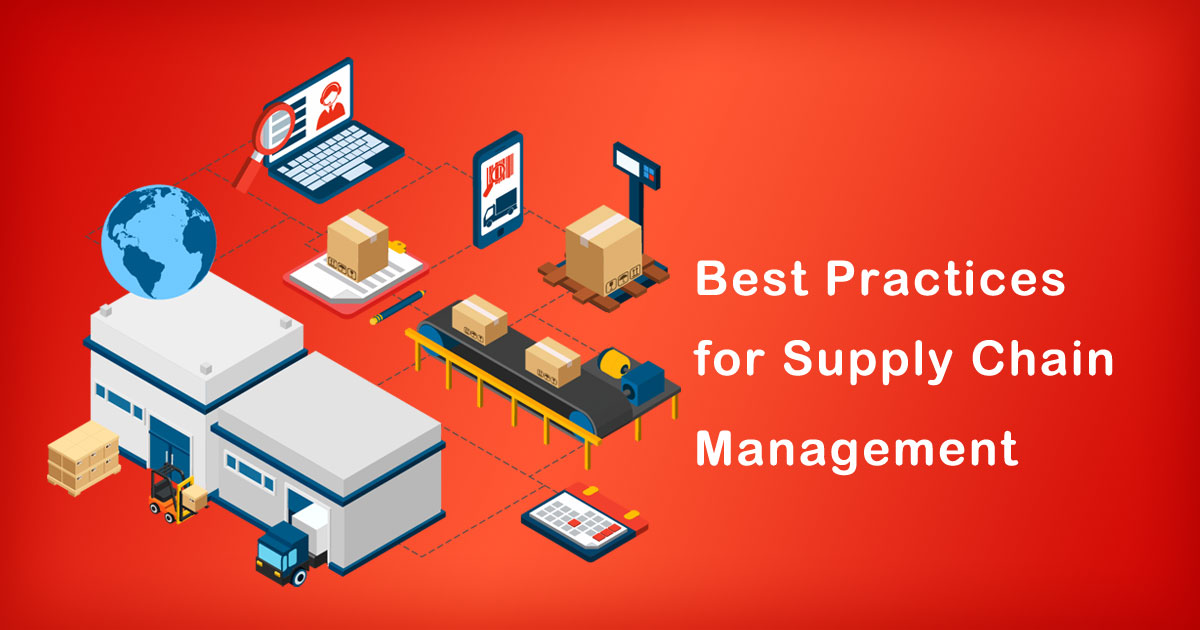Introduction
The supply chain is the backbone of any business operation, especially in India, where the industry is highly competitive and cost-sensitive. With the advent of globalization and the rise of e-commerce, managing the supply chain has become more complex than ever before. The success of a company depends on its ability to efficiently manage its supply chain. In this blog, we will discuss some best practices for supply chain management in India and how they can help businesses achieve their objectives.
Understanding the Indian Market
India is a rapidly growing market with a population of over 1.3 billion people, and an increasing middle class. This has led to a rise in consumer demand, which has created opportunities for businesses to expand their operations. However, the market is highly fragmented, with a large number of small and medium-sized enterprises (SMEs) operating in different regions. The lack of standardization and infrastructure poses significant challenges for businesses in managing their supply chain.
Best Practices for Supply Chain Management in India
1. Collaborative Relationships with Suppliers
In India, building strong relationships with suppliers is critical to managing the supply chain effectively. Suppliers play a crucial role in ensuring timely delivery of goods and maintaining quality standards. To build collaborative relationships with suppliers, businesses should engage with them regularly and provide feedback on their performance. This helps to establish trust and ensure that both parties work towards achieving their objectives.
2. Implementing Technology
Technology can help businesses streamline their supply chain processes and reduce costs. In India, technology adoption is still in its nascent stages, and many businesses are yet to fully leverage the benefits of technology. By implementing technology such as warehouse management systems (WMS), transportation management systems (TMS), and enterprise resource planning (ERP) systems, businesses can improve their inventory management, reduce lead times, and optimize their logistics operations.
3. Developing a Robust Logistics Network
India’s logistics infrastructure is still developing, and businesses often face challenges in transporting goods across the country. Developing a robust logistics network requires businesses to partner with reliable logistics providers who have a strong understanding of the local market. By leveraging technology and developing a robust logistics network, businesses can improve their delivery times, reduce transportation costs, and enhance the overall customer experience.
4. Ensuring Compliance with Regulations
India has complex regulations and compliance requirements, which can pose significant challenges for businesses. Non-compliance can result in penalties, fines, and reputational damage. Businesses need to ensure that they are aware of the regulations and compliance requirements relevant to their industry and take proactive steps to ensure compliance. This includes maintaining accurate records, obtaining necessary permits and licenses, and adhering to safety standards.
5. Building a Skilled Workforce
A skilled workforce is essential to managing the supply chain effectively. In India, the labor market is highly competitive, and businesses often struggle to find skilled workers. By investing in training and development programs, businesses can equip their workforce with the necessary skills and knowledge to manage the supply chain effectively. This can lead to improved efficiency, reduced costs, and better customer satisfaction.
Conclusion
Managing the supply chain in India can be challenging, but by implementing best practices, businesses can achieve their objectives and gain a competitive edge. Building collaborative relationships with suppliers, implementing technology, developing a robust logistics network, ensuring compliance with regulations, and building a skilled workforce are all essential to managing the supply chain effectively. With the right strategies in place, businesses can overcome the challenges of the Indian market and achieve success.








